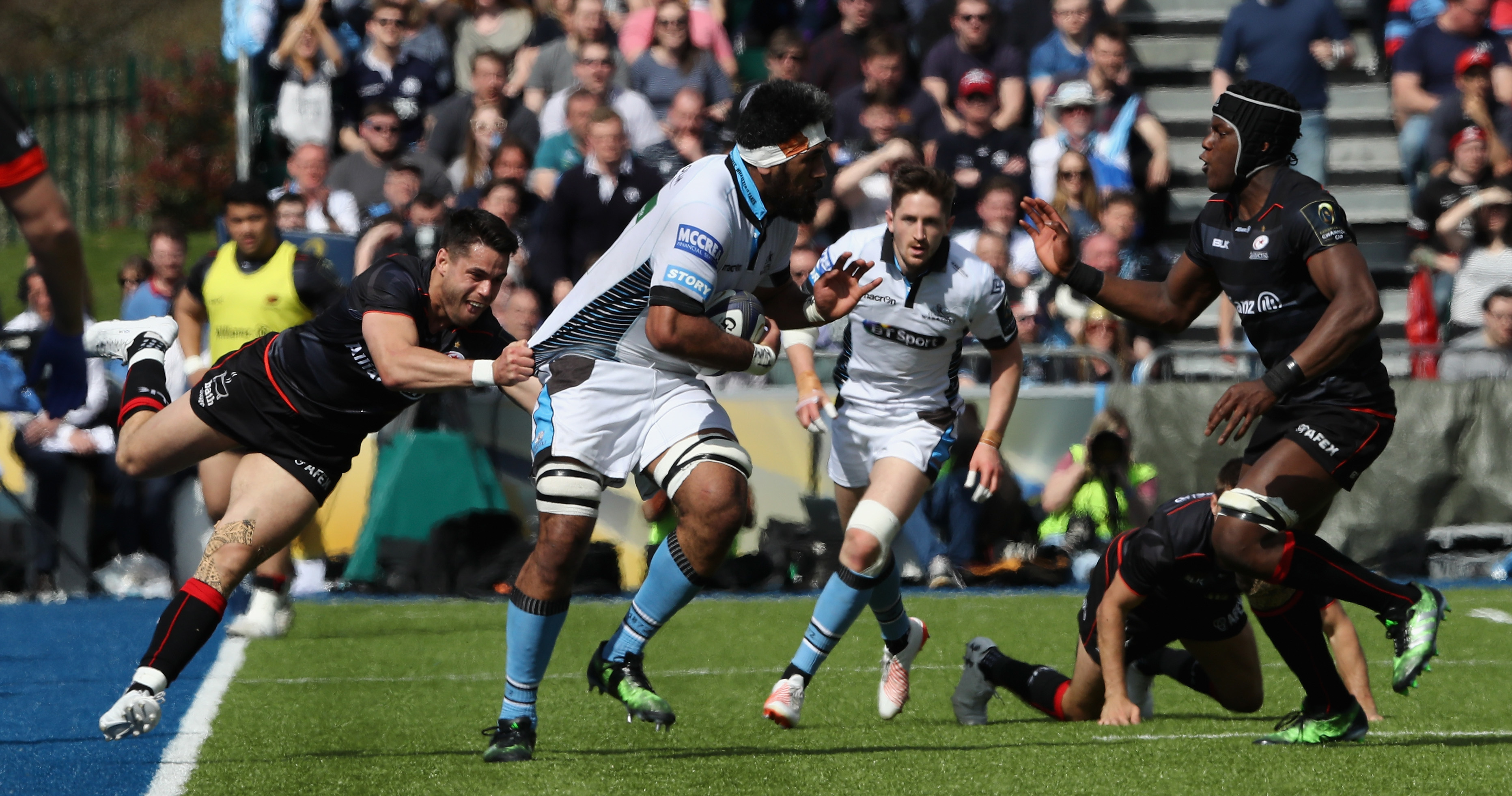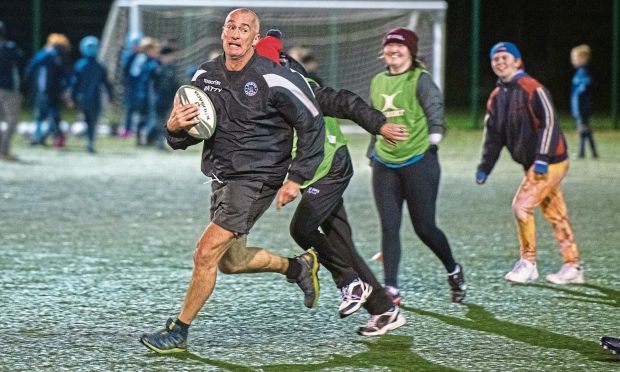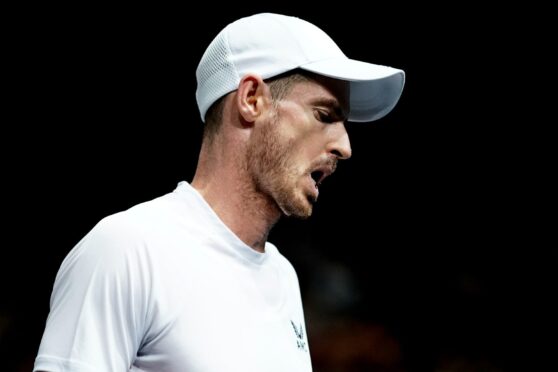Scottish Rugby has surrendered its automatic place in the European Rugby Champions Cup – in the hope that it might get both its teams qualifying.
From next season there will no longer be any guarantee every nation partner taking part in the Guinness PRO12 gets an automatic place in the premier club rugby event in Europe, the tournament’s organising body EPCR announced yesterday.
Instead the top seven finishers from the multi-nation league will gain automatic entry, along with six teams from the English Aviva Premiership and six from France’s Top 14.
The final place in the tournament will go to the winner of the secondary competition, the European Challenge Cup, or the runner-up in that tournament if the winner is already qualified.
When the Champions Cup – formerly the Heineken Cup – was restructured by the newly formed EPCR three years ago the automatic place for at least one team from Ireland, Italy, Scotland and Wales was a crucial concession to keep the PRO12 teams on board.
However in practice only Italy, on every occasion so far, has required their automatic slot to ensure a presence in the Champions Cup, as both their PRO12 teams Brenetton Treviso and Zebre customarily fill the bottom two places in the league.
Their similar lack of competitiveness in the Champions Cup – this year Zebre lost all six pool games conceding an average of more than 55 points in each – has created a skewed draw in many eyes with a place in the pool containing the Italian side giving a huge advantage in reaching the quarter-finals.
In addition the continuing rumours that the Italians are about to withdraw wholesale from the PRO12 or downsize to one representative has allowed EPCR to act, with the approval of the other three PRO12 nations.
In Scotland’s case the faith that the Glasgow Warriors will continue to be at least a top six team in the PRO12 has allowed them to drop their preference for an automatic qualifier, in the hope also that Edinburgh might improve to finish in the top seven and allow two Scottish sides into the premier event by right.
Alternatively there is now the possibility Scotland could have no representation in the Champions Cup, but in only one season out of the last 12 – 2010/11 – has a Scottish team failed to finish in the top seven places in the PRO12. Glasgow have qualified for the Champions Cup in each of the last six seasons.
Ireland and Wales, with four teams each in the PRO12, were never likely to require the automatic qualifier clause and had been pushing for a purely meritocratic means of European qualification.
PRO12 Rugby Chief Executive Martin Anayi welcomed the changes.
“Everyone has seen the positive impact that meritocracy has had on the Guinness PRO12 since it was introduced in the 2014/15 season,” he said.
“Competition has never been greater among our clubs and these latest changes will deliver true meritocracy to our Championship.
“In this past season, we have been greatly encouraged by the performances of our teams in the Champions Cup and the Challenge Cup and this development will prime them to make a greater impact in the future.”
In addition, automatic qualification for the Challenge Cup winner has been restored, clearly in the hope that it will provide an incentive for clubs involved in the secondary competition who do not always field full-strength teams.


